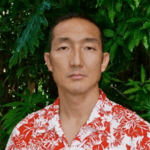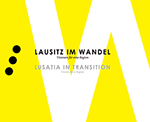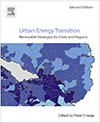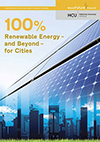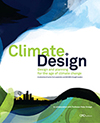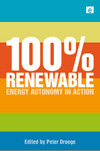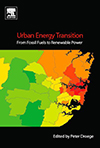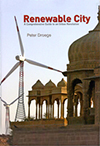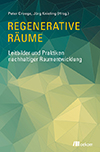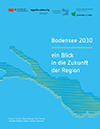Academy
We are an expert group focused on the global delivery of:
The Global Maritime Accord (GMA) and its Academy (GMAA) are focused on the health of oceans in a globally shared effort. They aim to strengthen and support the implementation of the Intergovernmental Conference on legally binding instruments under the United Nations Convention on the Law of the Sea on the safeguarding of marine biological diversity in areas beyond national jurisdiction.
The GMAA is an initiative led by the Liechtenstein Institute for Strategic Development with the Society of Aerospace, Maritime and Defence Studies (SAMDeS). Sai University, global ALLIES, The Trebuchet, and the International Military Council on Climate and Security are among its supporters.
The Liechtenstein Institute for Strategic Development with support by the Government of Liechtenstein is pleased to provide its support in the Transforming Energy Access Learning Partnership (TEA-LP) program at selected universities across Africa, in keeping with a number of UN Sustainable Development Goals – including #7: affordable and clean energy for all.
Let LISD assist in your academic, professional and personal development. We provide an innovative form of internship placement and monitoring programs that are tailored to the interests and needs of a few, carefully selected individuals each year. Besides placement in one of our core projects on the basis of availability there is also the possibility of one of several advanced modes.
We develop and manage sustainability events, conferences, communication campaigns, publications and training programs. Latest events include:
- LISD with British Open University Intelligent Environments Webinars (2024)
- Global Maritime Accord Webinars (since 2023)
- Transition Workshops Geneva with The Fondation Braillard Architectes (since 2020)
- European Green Australia Summit (EUGAUS 2017) Berlin, Germany
- Asian Sustainable Transport Training Workshop
10-11 November 2020, with UNCRD and IRENA - TRANSITION WORKSHOP 2020: Roadmaps for resilient decarbonising cities, Geneva, Switzerland, July 13-24, 2020
LISD is collaborating with Gregg Nakano of Pacific ALLIES to formally establish Kwajalein Atoll Sustainability Laboratory (KASL), which will hopefully empower next generation leaders to protect, sustainably manage and restore ecosystems carrying capacity in the face of existential climate change threats. The aim is to help KASL stakeholders to develop and implement culture preservation strategies in the face of forced climate change migration.
Project H.O.M.E: LISD habitability projects on Mars and Earth. LISD conducts from 2014 into 2018 a series of projects exploring fundamental issues of terrestrial habitability on its multi-year project ‘Habitability of Mars and Earth (H.O.M.E)’.
STUDIO MARS
STUDIO EARTH: Lausitz im Wandel / Lusatia in Transition
Studio Lusatia Community Workshop
We publish literature on sustainable urban development and renewable cities.

